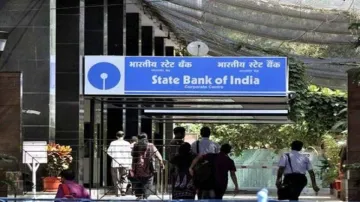If you or someone in your household has an account with the State Bank of India, this information is important for you. SBI has issued a warning to its customers about fraudulent messages regarding redeeming reward points. The bank has cautioned customers against clicking on any links received via SMS or WhatsApp, or downloading any applications or files.
In response to the increasing cases of spam and fraud, SBI has urged its customers to be vigilant. Cybercriminals have been using a new method to scam people, particularly through fake APK links that claim to allow users to redeem reward points.
The bank has clarified that it never sends any links through SMS or WhatsApp, and has advised customers to be cautious.
SBI gives reward points to customers for making payments through its banking channels, and the value of each reward point is 25 paise. Many users do not redeem their points for several months, resulting in a substantial balance that hackers exploit. They send fake links to redeem the points and trick people into becoming victims of fraud.
You can check your reward points by following these steps:
- To redeem your SBI reward points, visit https://www.rewardz.sbi/ and click on the "New User" option.
- Then, enter your SBI Rewardz Customer ID and verify your personal details with the OTP sent to your registered mobile number.
- Once verified, you can proceed to redeem your reward points.
Meanwhile, the Indian Computer Emergency Response Team (CERT-In), which falls under the Ministry of Electronics & Information Technology, has issued a warning about vulnerabilities in Google Chrome and Siemens products. These vulnerabilities could potentially allow an attacker to execute arbitrary code on the targeted system. The affected versions of Google Chrome are those prior to 125.0.6422.112.113 for Windows and Mac, and versions before 125.0.6422.112 for Linux.
